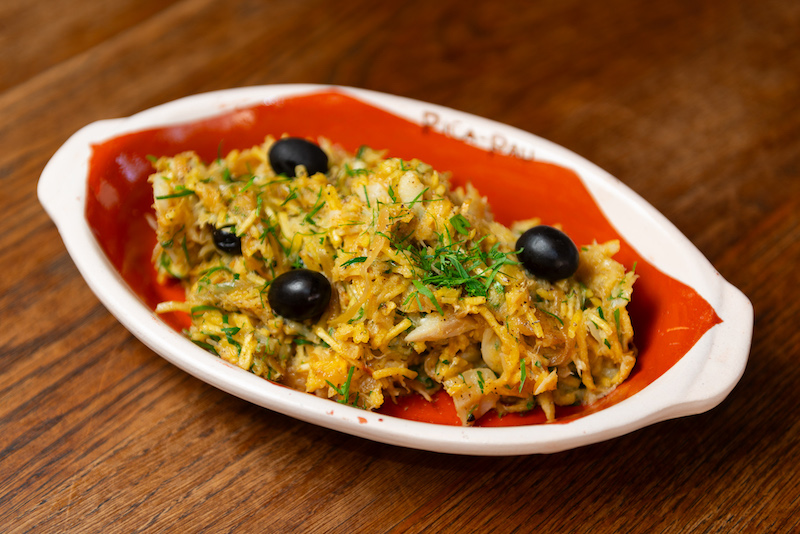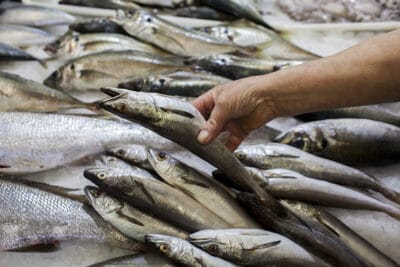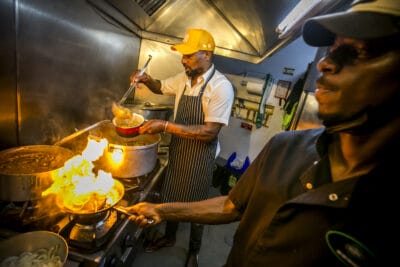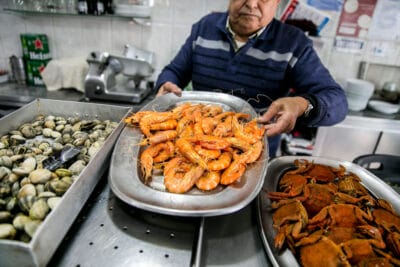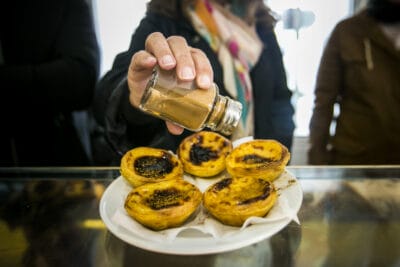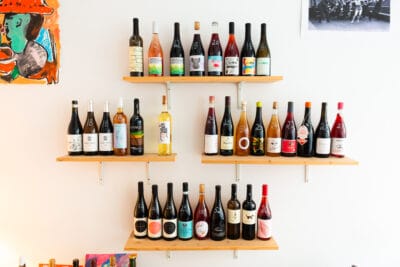We can't find the internet
Attempting to reconnect
Something went wrong!
Hang in there while we get back on track
Casa dos Passarinhos: Rare Bird
We can't find the internet
Attempting to reconnect
Something went wrong!
Hang in there while we get back on track

Related Stories
We can't find the internet
Attempting to reconnect
Something went wrong!
Hang in there while we get back on track
Location & Contact
Book our Award-Winning Lisbon Food Tour
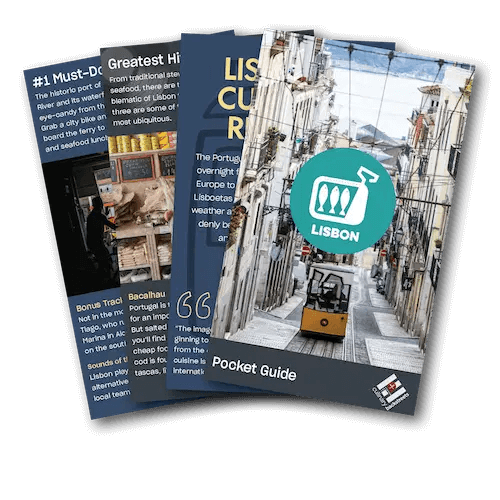
Get Your Free Lisbon Pocket Guide
Introducing our pocket-sized Lisbon guide — perfect for your next culinary adventure. Yours free when you sign up for our newsletter.


